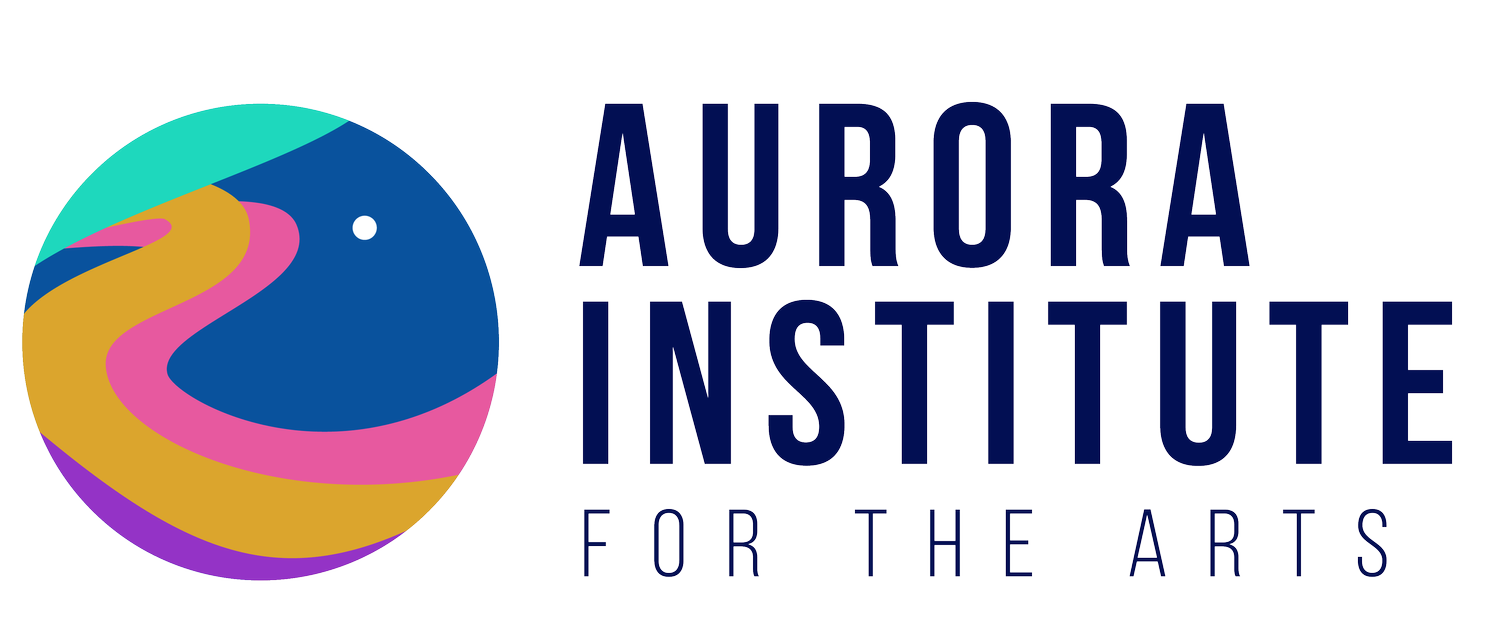What is the Suzuki philosophy and method?
The Suzuki Method, also called the Mother Tongue Approach, is a philosophy conceived by the Japanese violinist and educator, Shinichi Suzuki.
Suzuki recognized that all children learned to speak their mother tongue with ease at an early age before they could read or write. He came up with a philosophy that applies the principles of language acquisition to music learning.
Suzuki based his approach on the idea that “Musical ability is not an inborn talent but an ability which can be developed. Any child who is properly trained can develop musical ability, just as all children develop the ability to speak their mother tongue. The potential of every child is unlimited.”
With the proper environment, any child can develop their musical potential!
Important Suzuki Principles:
Parent involvement: Also called Suzuki Triangle (Parent - Teacher - Student). Young kids benefit greatly from their parent’s support during their musical journey, just like the support a parent gives during the child’s early years while learning their mother tongue. The parent becomes the teacher’s assistant at home. Therefore, as a team, both parent and teacher can guarantee the student’s success and progress.
Early beginning: The younger they start, the better. An early start it’s greatly beneficial for developing mental processes and muscle coordination. Listening to music should begin at birth; formal training may begin around age 3 or 4, but it is never too late to begin!
Listening: Listening to music every day, especially listening to the pieces in the Suzuki repertoire is crucial for the student’s musical development. It’s just like when a mother repeats the words “mama” to a child over and over. When the child continuously listens to the sounds of their parents and family members they are beginning the process of learning to speak and express themselves.
Repetition: Constant repetition is essential in learning to play an instrument or master any skill. Children do not learn a word or piece of music and then discard it. They add it to their vocabulary or repertoire, gradually using it in new and more sophisticated ways. Repetition, along with a continued review of the material, turns a new technique into a mastered and polished skill.
Encouragement and loving environment: Your child should feel supported and loved by those who see their progress and believe in them. Constant and sincere encouragement makes the child feel confident and accomplished as they progress step by step. Each child learns at their own rate, building on small steps so that each one can be mastered. Children are also encouraged to support each other’s efforts, fostering an attitude of generosity, compassion, and cooperation.
Group classes, learning with other children: In addition to private lessons, children participate in regular group classes and performances. Group classes develop ensemble skills, encourage peer support, companionship, and mutual motivation, reinforce review and repetition, and build a spirit of community and unity within the classroom.
Graded repertoire: The Suzuki method is organized in a way that each song is meant to teach a specific skill. As the student advances in the books and extra materials, the skills build upon each other creating a solid foundation and smooth progress in the student’s abilities.
Delayed reading: Learning how to play an instrument can be hard enough already. Delaying reading skills gives time to ensure that the students feel comfortable enough with the physical aspect of playing before introducing another major skill like reading music.
Some parents already play an instrument and they LOVE playing with their child during lessons or recitals.



